Iraqi Parliament: SOMO has agreed with Türkiye to resume Kurdistan Region oil exports.
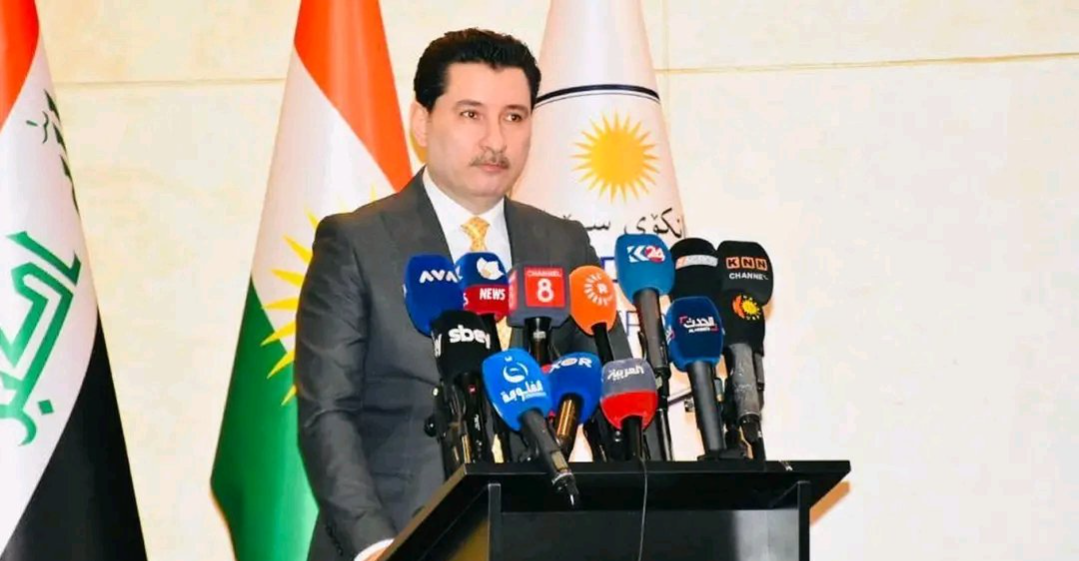 Shakhwan Abdullah, Deputy Speaker of the Iraqi Parliament, stated on Sunday that the national oil company SOMO had reached an agreement with the Turkish side to resume oil exports from the Kurdistan Region after a halt that lasted more than two years.
Shakhwan Abdullah, Deputy Speaker of the Iraqi Parliament, stated on Sunday that the national oil company SOMO had reached an agreement with the Turkish side to resume oil exports from the Kurdistan Region after a halt that lasted more than two years.
In a statement to reporters today, Abdullah said that the regional government had reached an agreement with the federal government on oil and non-oil revenues, adding that SOMO had also agreed with Turkish companies to resume Kurdistan’s oil exports.
Abdullah continued by saying that what remains is for the Iraqi government to legally and morally abide by these agreements and begin, in the coming days, disbursing the salaries of July and August to public sector employees and workers in the Kurdistan Region.
Kurdistan Regional Government Prime Minister Masrour Barzani confirmed on Saturday that oil companies operating in the region and the federal government had reached a preliminary understanding regarding financial dues for crude oil extraction costs, in preparation for a final agreement to resume the region’s oil exports via the Turkish port of Ceyhan.
“Our discussions with the federal government regarding the budget and the provision of monthly salaries for employees in the Kurdistan Region are ongoing,” Masrour Barzani said in a speech he delivered during the inauguration ceremony of the Shekhan-Lalesh road in Duhok Governorate. He added, “There are no obstacles from us, but obstacles and pretexts are created by others in the process of understandings, and we are always trying to remove them and provide financial dues to the citizens of Kurdistan.”
He added, “In recent discussions between us and Baghdad, as I was told, there is some understanding between the oil companies operating in the Kurdistan Region and the federal government to reach solutions to the contentious issues between the two sides.” He considered this understanding “an important step towards reaching a final agreement to resume oil exports.”
Masrour Barzani continued, “I hope this agreement will be realistic and acceptable to all, and that the federal government will commit to the rights of Kurdistan’s citizens.” He emphasized the importance of not subjecting salaries to bargaining and not making them a daily headline in the media.
Kurdistan Regional Government Prime Minister Masrour Barzani said in early September that the regional government had no issues impeding the resumption of the region’s oil exports, stressing that what remained was to resolve the dispute between oil companies operating in Kurdistan and the federal government on the matter.
Meanwhile, Ali Nizar, Director of the State Oil Marketing Organization (SOMO), confirmed that the resumption of Kurdistan Region oil exports depends on the producing companies.
Nizar told Shafaq News Agency, “The agreement between the federal Ministry of Oil, the Oil Marketing Company, and the Ministry of Natural Resources in the Kurdistan Region established strict mechanisms for implementing the budget law.”
He added, “We are optimistic about the agreement and the mechanisms, and we hope to proceed with pumping oil from the Kurdistan Region via the Turkish-Ceyhan pipeline, as this is in Iraq’s best interest and will boost its financial revenues.”
He stressed that “the timing of resuming oil exports depends on the oil-producing companies.”
Reuters reported on Friday that the Iraqi government had given “in principle” approval to a plan to resume oil exports via the pipeline from the Kurdistan Region to Türkiye.
The agency quoted sources familiar with the talks as saying that “Iraq, OPEC’s second-largest oil producer, has given preliminary approval to a plan to resume oil exports via pipeline from the semi-autonomous Kurdistan Region via Turkey, after delays in the hoped-for resumption.”
The agreement between the Iraqi federal government, the Kurdistan Regional Government, and international oil companies could add at least 230,000 barrels per day of new supplies, as OPEC producers increase production to regain market share.
Turkey halted flows on the pipeline, which transports oil from the Kurdistan Region of Iraq to the Turkish port of Ceyhan, in March 2023 after an arbitration court ordered it to pay approximately $1.5 billion in compensation to Iraq for transporting oil without Baghdad’s approval. Ankara refused to pay the fine at the time and demanded that Erbil pay it.
The pipeline closure halted Iraqi oil exports by approximately 500,000 barrels per day. The resumption of oil flows from Kurdistan may mitigate some of the impact on markets due to reduced shipments from Iraq, the main source of crude.
Iraq had been exporting between 400,000 and 500,000 barrels per day from northern fields, including the Kurdistan Region, via the now-defunct pipeline. Oil Minister Hayan Abdul Ghani said earlier this month that Iraq plans to transport at least 300,000 barrels per day of crude oil once operations resume. He added that the Iraqi government has also begun a formal process to persuade the regional government to transfer the oil to the Federal Oil Marketing Organization (SOMO).
Türkiye has repeatedly said that the pipeline is operational and that it is up to Iraq to resume flows, and the United States has also expressed a strong desire to see oil flow through the Iraq-Turkey pipeline.
Shafaq.com

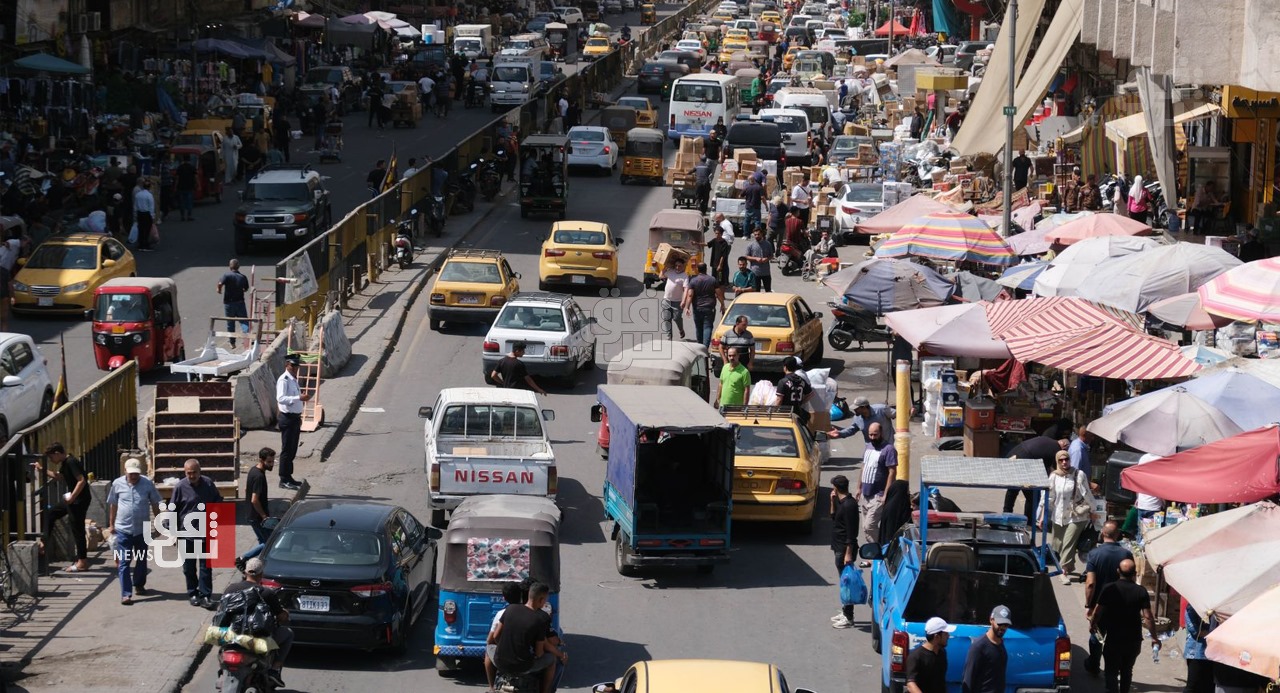 The Iraq Future Foundation for Economic Studies and Consultations reported on Sunday that the country’s trade balance declined to a surplus of approximately $6 billion during the first half of this year, compared to last year.
The Iraq Future Foundation for Economic Studies and Consultations reported on Sunday that the country’s trade balance declined to a surplus of approximately $6 billion during the first half of this year, compared to last year.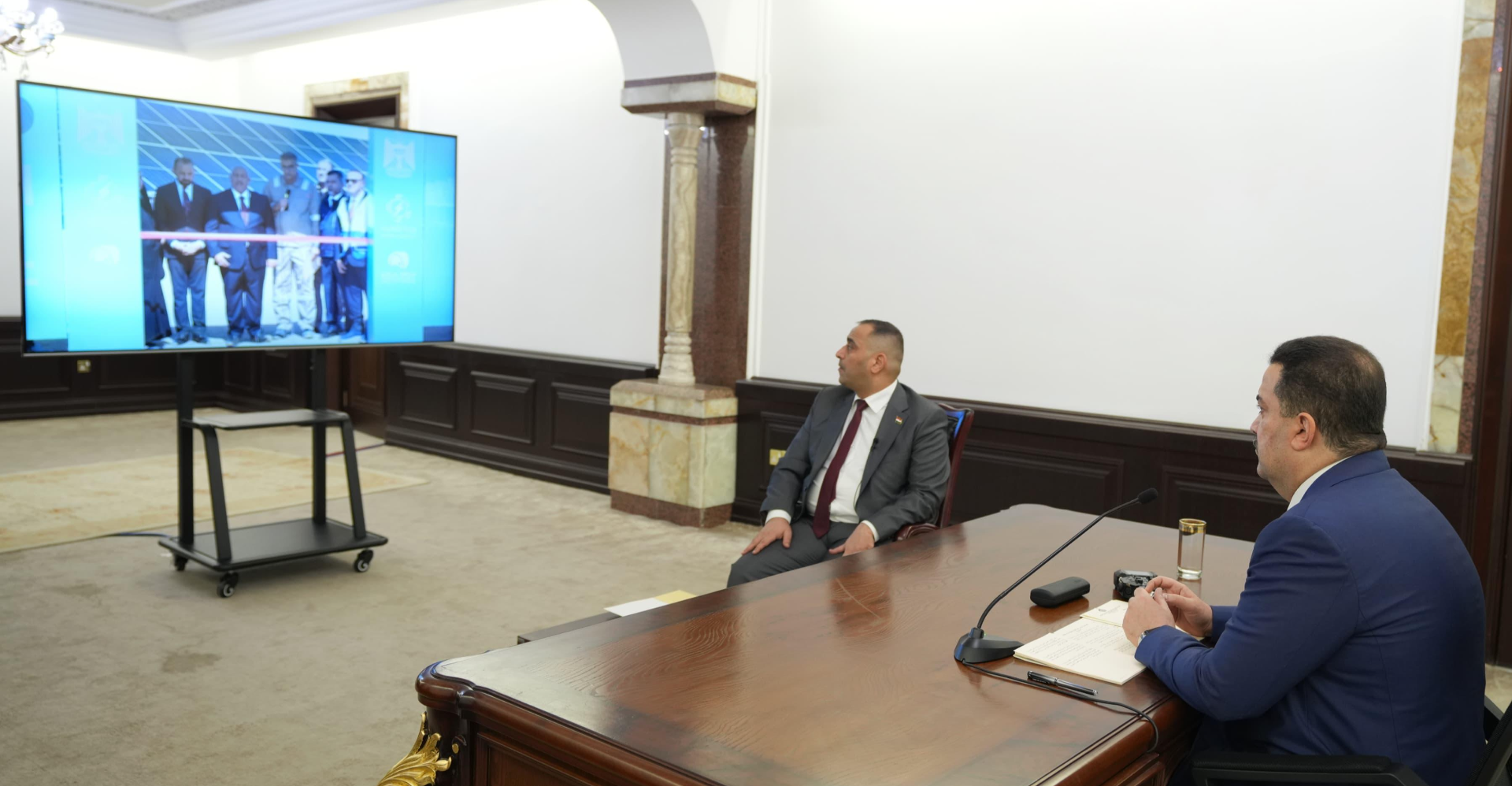 Iraqi Electricity Minister Ziyad Ali Fadhil announced on Sunday that the ministry will soon launch the “Shams Basra” clean energy project.
Iraqi Electricity Minister Ziyad Ali Fadhil announced on Sunday that the ministry will soon launch the “Shams Basra” clean energy project.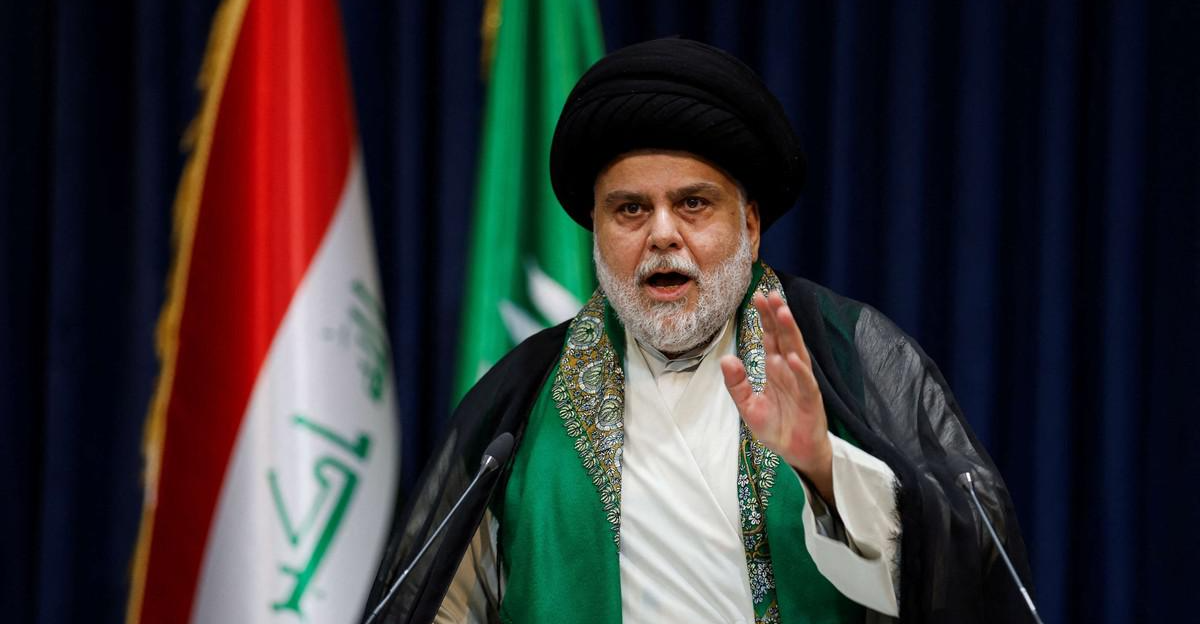 Saleh Mohammed al-Iraqi, a close associate of Shiite National Movement leader Muqtada al-Sadr, revealed on Sunday that al-Sadr is demanding comprehensive reform and the replacement of senior officials in power in exchange for ending his boycott of the upcoming parliamentary elections scheduled for November.
Saleh Mohammed al-Iraqi, a close associate of Shiite National Movement leader Muqtada al-Sadr, revealed on Sunday that al-Sadr is demanding comprehensive reform and the replacement of senior officials in power in exchange for ending his boycott of the upcoming parliamentary elections scheduled for November.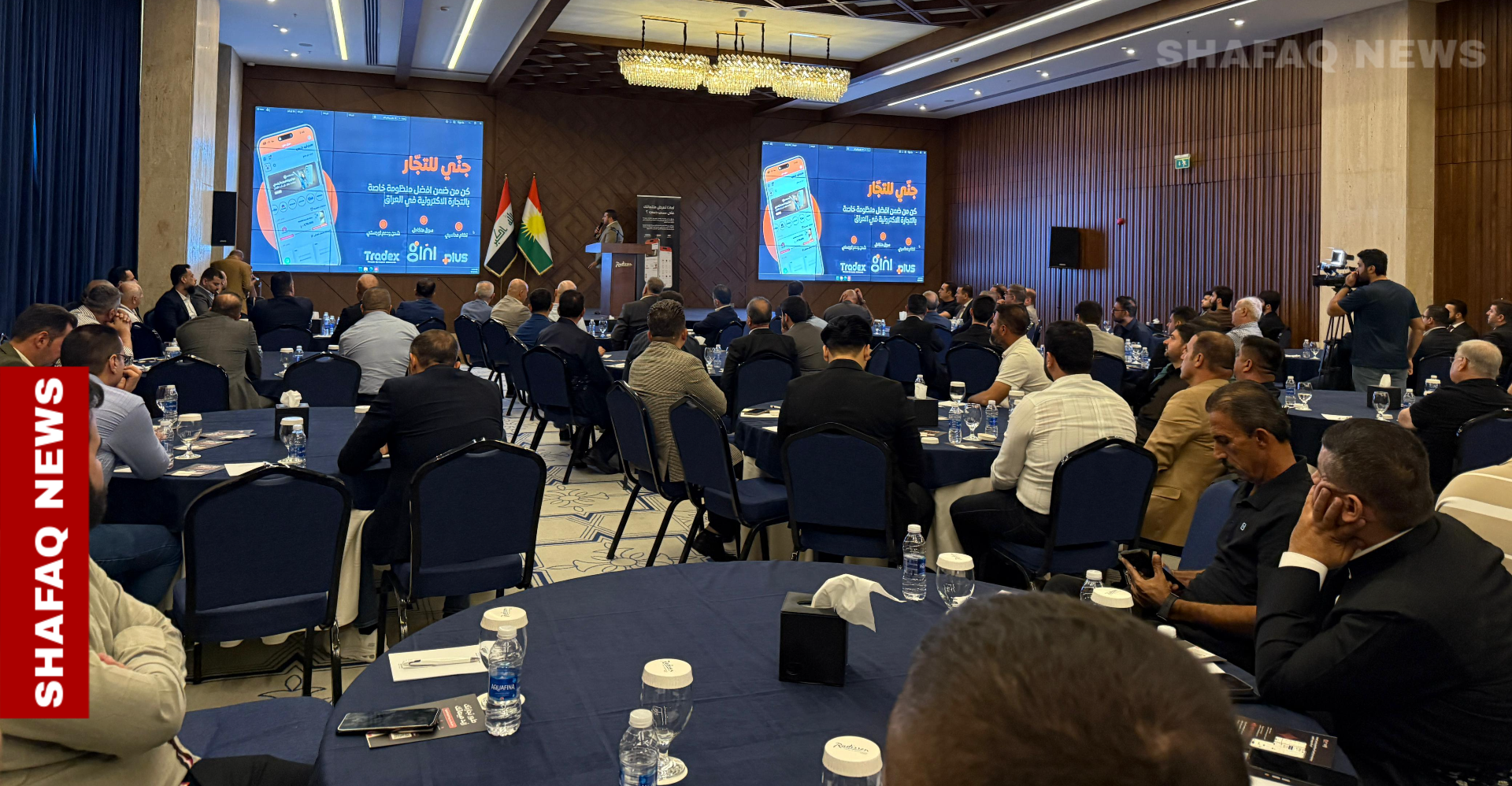 The Kurdistan Region Importers and Exporters Union held the Tradex Summit in Erbil Governorate, with the participation of a large number of businessmen, investors, and experts in the field of trade and economics.
The Kurdistan Region Importers and Exporters Union held the Tradex Summit in Erbil Governorate, with the participation of a large number of businessmen, investors, and experts in the field of trade and economics.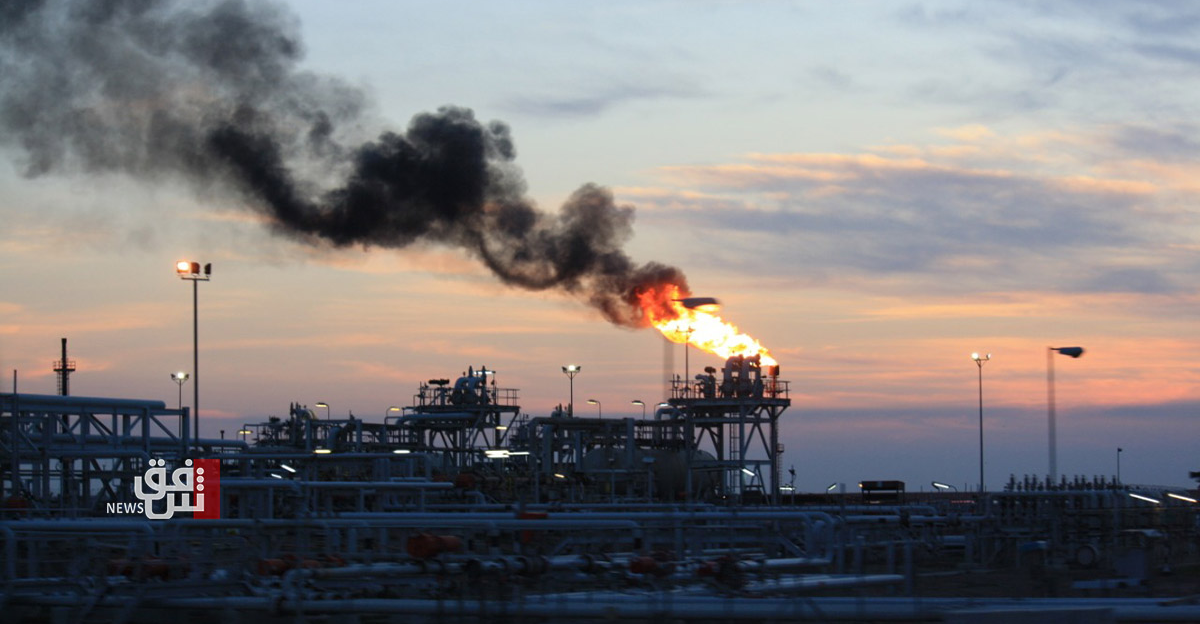 S&P Global Commodity Insights revealed on Saturday that Iraq needs an oil price of $92 per barrel to balance its budget this year.
S&P Global Commodity Insights revealed on Saturday that Iraq needs an oil price of $92 per barrel to balance its budget this year.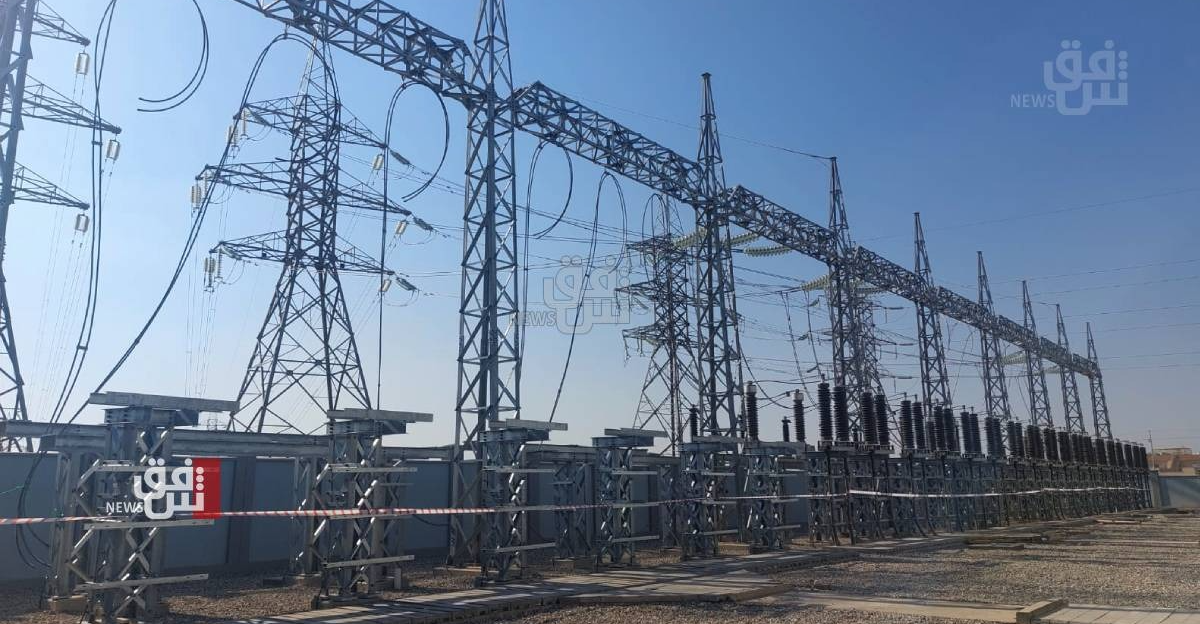 Demand for electricity is doubling in the Middle East, particularly Iraq, threatening to exacerbate social and political unrest. Governments unable to secure a reliable source of electricity to power cooling systems, desalinate water, and keep the lights on during the summer months, risk losing legitimacy with the public.
Demand for electricity is doubling in the Middle East, particularly Iraq, threatening to exacerbate social and political unrest. Governments unable to secure a reliable source of electricity to power cooling systems, desalinate water, and keep the lights on during the summer months, risk losing legitimacy with the public.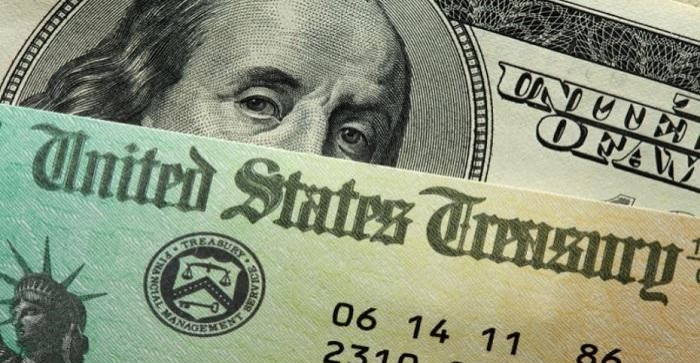 The US Treasury Department announced on Saturday that Iraq is not among the top 20 countries holding US bonds, while two Arab countries are among the top holders.
The US Treasury Department announced on Saturday that Iraq is not among the top 20 countries holding US bonds, while two Arab countries are among the top holders.